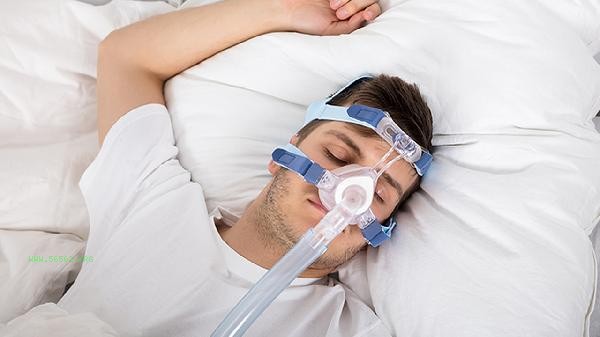Mental stress can be alleviated by adjusting daily routines, relaxing training, psychological counseling, short-term medication assistance, and improving sleep environment. Long term insomnia may be related to anxiety disorders, depression, and other diseases. It is recommended to seek medical evaluation in a timely manner.

1. Adjusting sleep habits
Fixing the time of waking up and falling asleep can help stabilize the biological clock and avoid napping for more than 30 minutes. Stop high-intensity mental activities two hours before bedtime and reduce the use of blue light devices. Establish bedtime rituals such as taking a hot bath, reading paper books, and sending signals to the body to rest.
2. Relaxation Training
Progressive muscle relaxation method releases physical tension by alternately tightening and relaxing muscle groups, and abdominal breathing exercises activate the parasympathetic nervous system at a frequency of 4-6 times per minute. Mindfulness meditation focuses on current feelings, and practicing for 20 minutes a day can reduce stress hormone levels.
3. Psychological counseling
Cognitive behavioral therapy can correct catastrophic thinking about insomnia, record automatic negative thoughts, and verify their authenticity. A stress diary helps identify specific sources of stress, classify controllable and uncontrollable factors, and seek professional psychological counseling if necessary.

4. Short term medication assistance
Zopiclone tablets are suitable for insomnia with difficulty falling asleep. Right Zopiclone can maintain sleep continuity and the medication cycle should be strictly controlled according to medical advice. Melatonin receptor agonists such as remitinide are suitable for individuals with circadian rhythm disorders, while traditional Chinese medicine Zaoren Anshen Capsules have the effect of nourishing blood and calming the mind.
5. Improve sleeping environment
Keep the bedroom temperature at 18-22 degrees Celsius and use curtains with a shading degree of over 90%. Choose a mattress with moderate support, and the height of the pillow should be based on the natural flatness of the cervical spine when lying on the side. White noise machines can mask sudden environmental sounds, while lavender essential oil diffusion has a mild calming effect.

Long term insomnia sufferers should avoid consuming caffeine and alcohol before bedtime, and should not overeat or fall asleep on an empty stomach during dinner. Regular aerobic exercise such as brisk walking and swimming can improve sleep quality, but exercise should be ended 3 hours before bedtime. Establish a conditioned reflex between bed and sleep, and leave the bed if you haven't fallen asleep for 20 minutes. If the symptoms persist for more than a month with daytime functional impairment, it is necessary to go to a psychiatric or sleep specialist for polysomnography monitoring to rule out organic diseases. Daily practice of soothing exercises such as yoga and eight dan brocade can cultivate interests and hobbies such as calligraphy and gardening that distract attention.



Comments (0)
Leave a Comment
No comments yet
Be the first to share your thoughts!